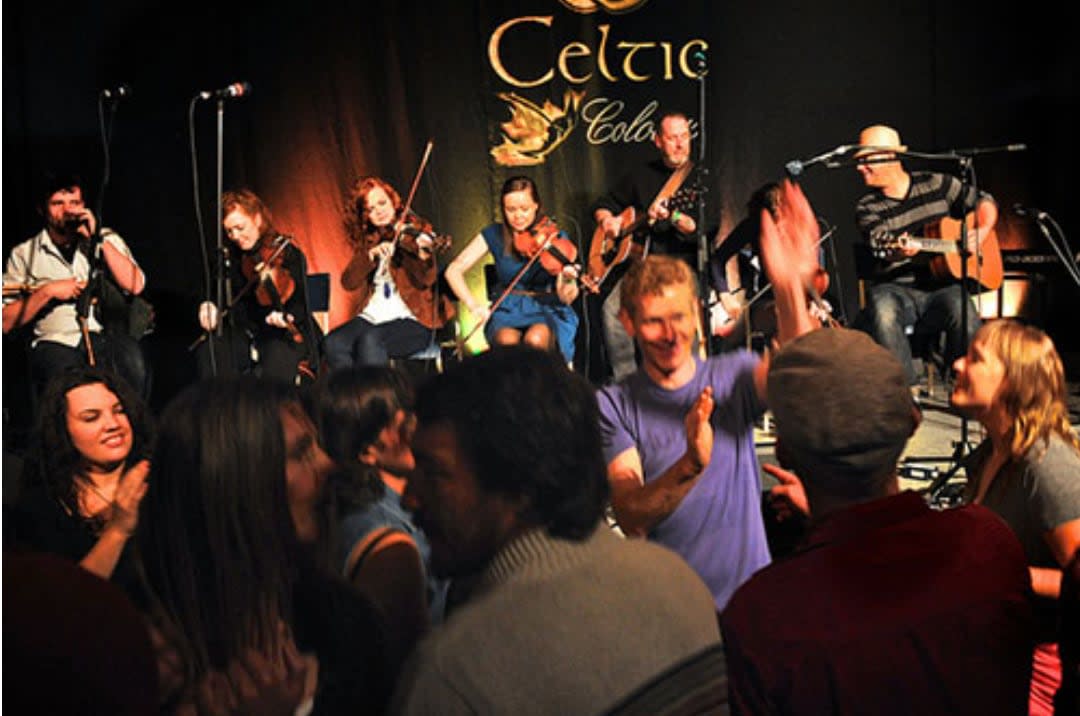Nova Scotian performers concerned about scaled-back federal arts funding

People who present dance, music and theatre arts in Nova Scotia say they are concerned about some extra federal art funding coming to an end next month.
The Canada Arts Presentation Fund (CAPF) received an additional $8 million in 2019, as a way to better support art festivals, presenters and organizations, especially in underserved areas.
The funding was renewed for several years, but is set to expire on March 31, 2024.
That doesn't sit well with Lydia Zimmer, a Halifax dancer and choreographer. She said if the funding isn't renewed, it would be "a huge, devastating blow" to the arts community.
"The dream is not attainable if the funding is not there," Zimmer told CBC Radio's Information Morning Halifax.
She said the funding has helped local artists find gigs and shows and has drawn new audiences from outside Atlantic Canada.
But still, some performers have had to take on other jobs to pay for rent and other expenses.
"And in my instance, [I] take that income and put it towards productions because funding isn't even enough as it is. You have to take your supplemental income and do what you can with your own funding to make your dream work."
Randy Glynn, the artistic director of the Festival of Dance Annapolis Royal (FODAR), echoed her sentiment.
He said Canada Arts Presentation Fund hasn't received a top up since 2008, which means "everybody will go back to 2008 funding levels."
"It would just, would really impact negatively our ability to present the performing arts to the public — the public that essentially pays for it to be made in the first place," Glynn told Information Morning.

Randy Glynn, the artistic director of FODAR, talks to some dancers, including Katie Couchie and Tanveer Alam, during the 2023 festival. (Submitted by Sheila Duggan)
Glynn said some organizations could lose 10-15 per cent of their funding, while others could lose up to 30 per cent. He said FODAR will be losing about $10,000.
"It can have a massive effect and it just starts to impinge on, especially new work that we presented really, and so it would hurt Nova Scotia artists as well," he said.
"We're all quite worried about it and the federal spring budget is sort of our last chance to get it back on the boards."
In a statement to CBC News, the Department of Heritage said the additional $8 million provided to the Canada Arts Presentation Fund (CAPF) in 2019 will expire at the end of March.
"Over the past three years, the Canada Arts Presentation Fund has delivered a number of temporary relief measures to assist this sector, which was hard hit by the pandemic," it said.
"We will continue to support our artists and cultural organizations through existing programs."
Glynn said he has talked to his MPs Andy Fillmore and Chris d'Entremont about his concerns. He said they have written letters to Finance Minister Chrystia Freeland about the funding.
He said he's hopeful it will be extended, comparing the arts presentation system to a water delivery system.
"Say your community spent a lot of money creating a state-of-the-art water purification and delivery system, and then to save money, they just didn't put the pipes into the houses.
"That's sort of what happens here if the CAPF doesn't get its money. We are the conduit that brings all the art, that all the government grants pay to get made. We're the conduit that brings it to the citizens [who] paid to get it made."
MORE TOP STORIES


